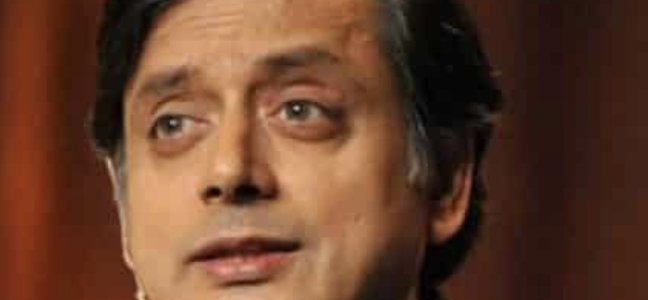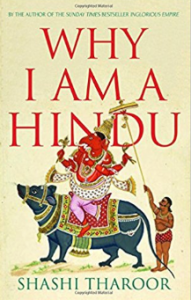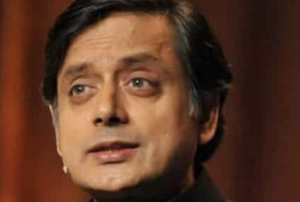
Visionaries of Hinduism


Hinduism is one of the world’s oldest and greatest religious traditions, highlighting its key philosophical concepts and texts and exploring everyday Hindu beliefs and practices from worship to pilgrimage to cast.
An articulate liberal and South Indian parliamentarian, Shashi Tharoor’s latest book explores India’s belief systems and point the dangers that lie ahead, and argues that Hindutva, the hard-line Hindu-ness is not just antithetical to ancient teachings but in fact a reaction to the aggressively expansionary religions that have affected India namely Islam and Christianity, with the reality of Hinduism with its 333m gods. He touches upon the gods and godmen and their multifarious Puranic stories, and also how they are united by the principle of the supreme Brahman. He claims that Hinduism has no doctrinal absolutism, and can only be experienced and interpreted subjectively using the metaphor “ Hindu thought is like a vast library in which no book ever goes out of print; even if the religious ideas a specific volume have not been read, enunciated or followed in centuries, the book remains available to be dipped into, revised and reprinted with new annotations or a new commentary, whenever a reader feels the need for it”.
This is important book talking about the dangers that lie in India’s future as well as the woes and glories of the past.
Tharoor writes “ I am a Hindu, and I am a nationalist, but I am not a Hindu nationalist.” He displays works of Hindu sages to strengthen his arguments that a Hinduism tolerant of other faiths is not only his personal preference but also the way the religion has been practised for over 4, 000 years.
He recalls the labelling of “Hindu” and “ Hinduism” done by foreigners including Muslim and British invaders to the varied people and practices they found east of the Indus River.
The rejection of the diversity and praise of dogma are approaches taken by fundamentalist Hindus.
Tharoor condemns the resulting slaughter of Muslims, the destruction of mosques and the attacks on people accused of killing cows or eating beef. He also notes the bizarre condemnation of the Taj Mahal by BJP leaders on the grounds that the famous mausoleum was built by a Muslim and did not reflect on Indian culture.
He quotes the works of Swami Vivekananda, the 19th-century sage – to argue for an inclusive Hinduism and a tolerant India, a land of “ Ganga-Jamuna-thezeeb” a phrase describing the intermingled Hindu-Muslim culture of north India.
Mahatma Gandhi once said: “I am a Hindu, a Muslim, a Christian, a Parsi, a Jew.”
Why I Am A Hindu by Sashi Tharoor, Hurst £20, 256 pages.
